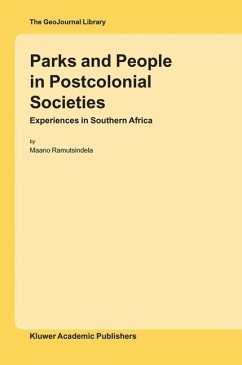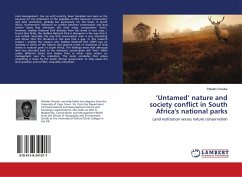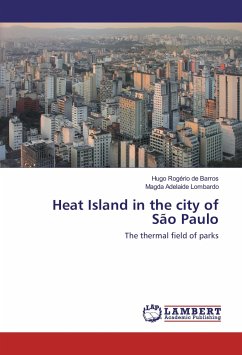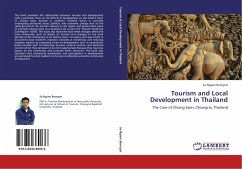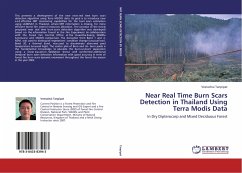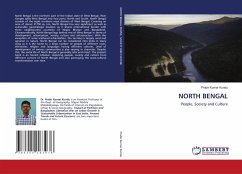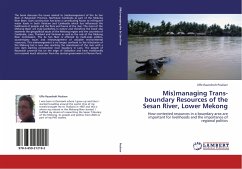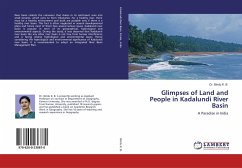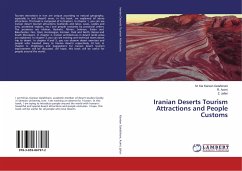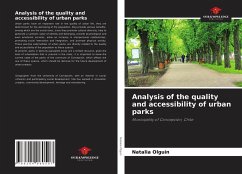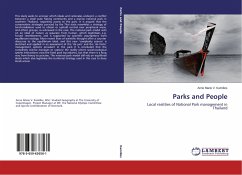
Parks and People
Local realities of National Park management in Thailand
Versandkostenfrei!
Versandfertig in 6-10 Tagen
36,99 €
inkl. MwSt.

PAYBACK Punkte
18 °P sammeln!
This study seeks to uncover which ideals and rationales underpin a conflict between a small scale fishing community and a marine national park in southern Thailand, regarding access to the park. It is argued that the conservation strategies pursued by the Thai state resembles a strategy of territorialisation used to obtain or uphold control over peripheral areas, and ethnic groups, as witnessed in the case. The national park model rests on an ideal of nature as separate from human, which legitimises e.g. forced resettlements, and is supported by scientific assumptions from equilibrium ecology....
This study seeks to uncover which ideals and rationales underpin a conflict between a small scale fishing community and a marine national park in southern Thailand, regarding access to the park. It is argued that the conservation strategies pursued by the Thai state resembles a strategy of territorialisation used to obtain or uphold control over peripheral areas, and ethnic groups, as witnessed in the case. The national park model rests on an ideal of nature as separate from human, which legitimises e.g. forced resettlements, and is supported by scientific assumptions from equilibrium ecology. More recent lines of scientific thought offer a counter discourse to the equilibrium ideal, and this new 'complexity science' is sketched and applied in an assessment of the 'de jure' and the 'de facto' management systems prevalent in the park. It is concluded that the complexity science manages to capture the reality where social-ecological system interactions cross the fixed park boundaries, but that there is a long way from theory to practise. The national park model still rely on equilibrial ideals which also legitimise the territorial strategy used in this case to deny locals access.



